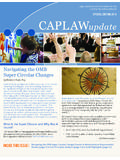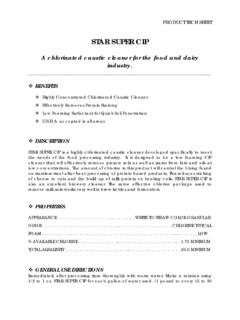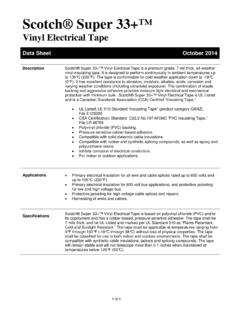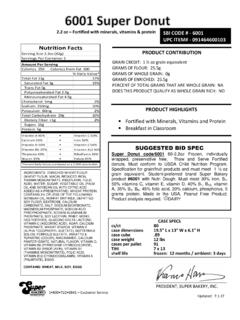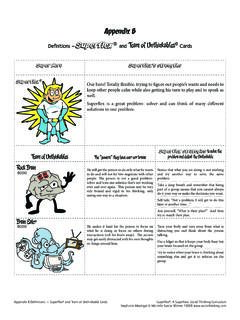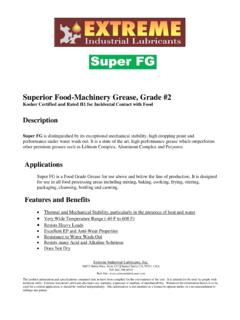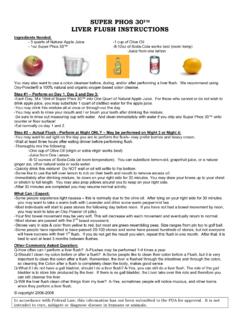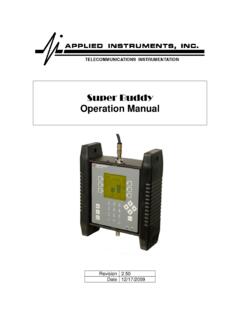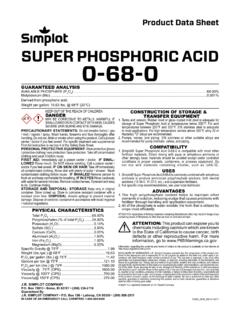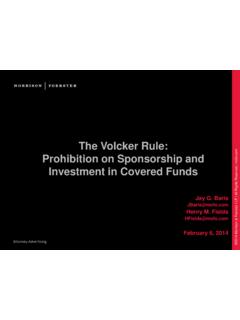Transcription of Donald Super Developmental self-concept
1 Downloaded from , Careers New Zealand, 2012 Donald Super Developmental self - concept Donald Super s career model is based on the belief that self - concept changes over time and develops as a result of experience. One of Donald Super s greatest contributions to career development has been his emphasis on the importance of the development of self - concept . According to Super , self - concept changes over time and develops as a result of experience. As such, career development is lifelong. Super s five life and career development stages Super developed the theories and work of colleague Eli Ginzberg.
2 Super felt that Ginzberg s work had weaknesses, which he wanted to address. Super extended Ginzberg s work on life and career development stages from three to five, and included different sub-stages. Stage 1: Growth Age 0 14 Characteristics: Development of self - concept , attitudes, needs and general world of work Stage 2: Exploration Age 15 24 Characteristics: Trying out through classes, work experience, hobbies. Tentative choice and skill development Stage 3: Establishment Age 25 44 Characteristics: Entry-level skill building and stabilisation through work experience Stage 4: Maintenance Age 45-64 Characteristics: Continual adjustment process to improve position Stage 5: Decline Age 65+ Characteristics.
3 Reduced output, prepare for retirement Downloaded from , Careers New Zealand, 2012 Developmental tasks at the different stages Super argues that occupational preferences and competencies, along with an individual s life situations all change with time and experience. Super developed the concept of vocational maturity, which may or may not correspond to chronological age: people cycle through each of these stages when they go through career transitions. Decline In adolescence: Giving less time to hobbies In early adulthood: Reducing sports participation In middle adulthood: Focusing on essentials In late adulthood: Reducing working hours Maintenance In adolescence: Verifying current occupational choice In early adulthood: Making occupational position secure In middle adulthood: Holding one's own against competition In late adulthood: Keeping what one enjoys Establishment In adolescence: Getting started in a chosen field In early adulthood.
4 Settling down in a suitable position In middle adulthood: Developing new skills In late adulthood: Doing things one has wanted to do Exploration In adolescence: Learning more about opportunities In early adulthood: Finding desired opportunity In middle adulthood: Identifying new tasks to work on In late adulthood: Finding a good retirement place Growth In adolescence: Developing a realistic self - concept In early adulthood: Learning to relate to others In middle adulthood: Accepting one's own limitations In late adulthood: Developing and valuing non-occupational roles
